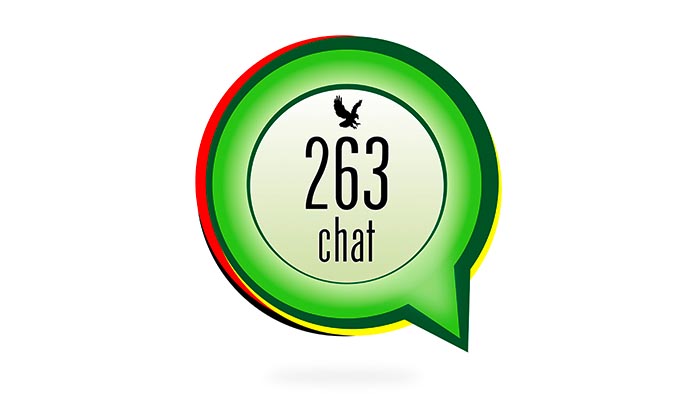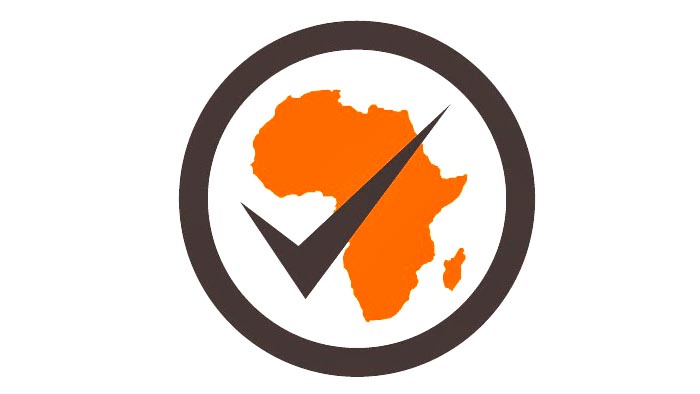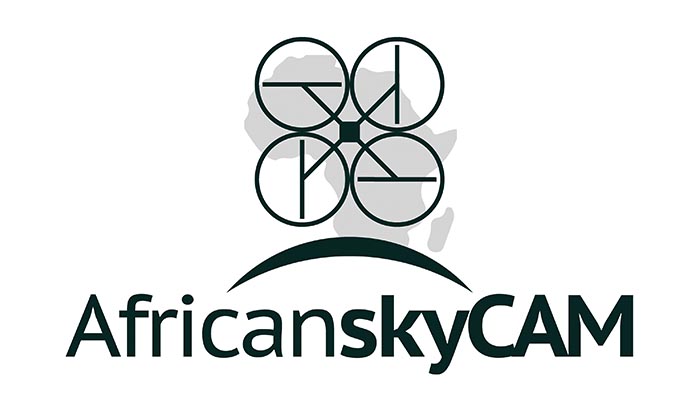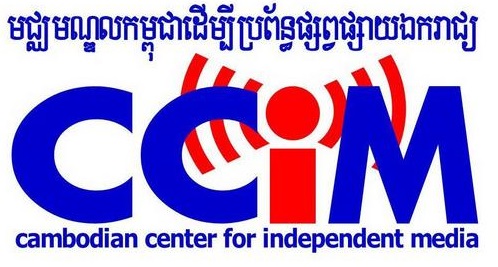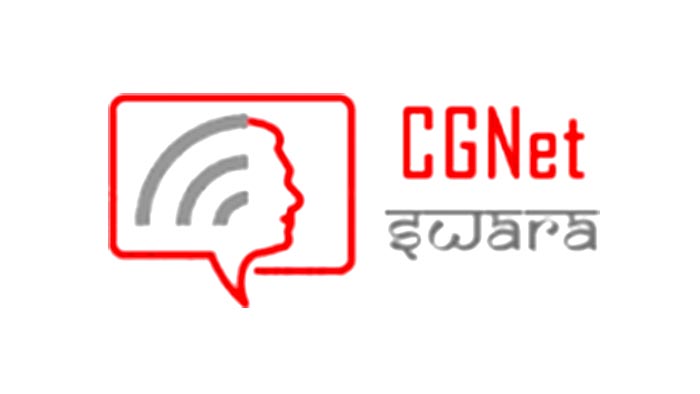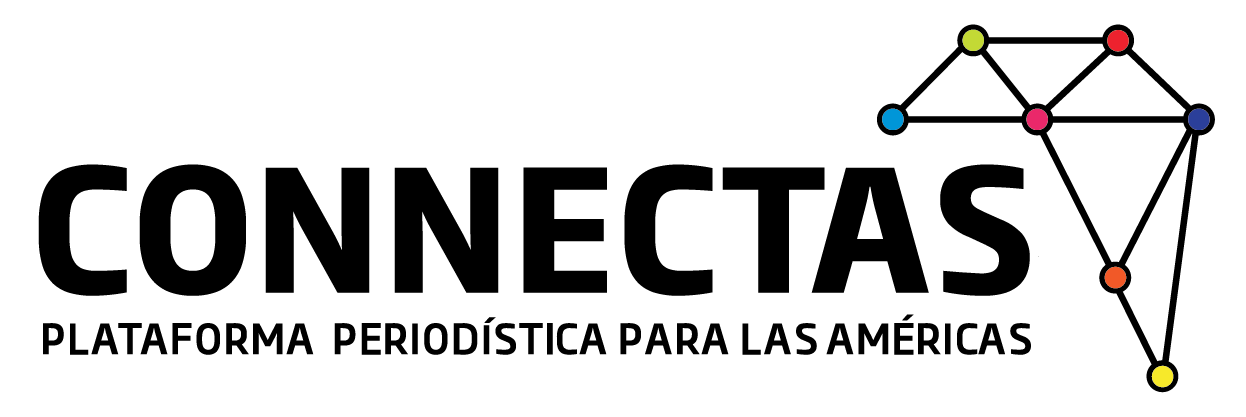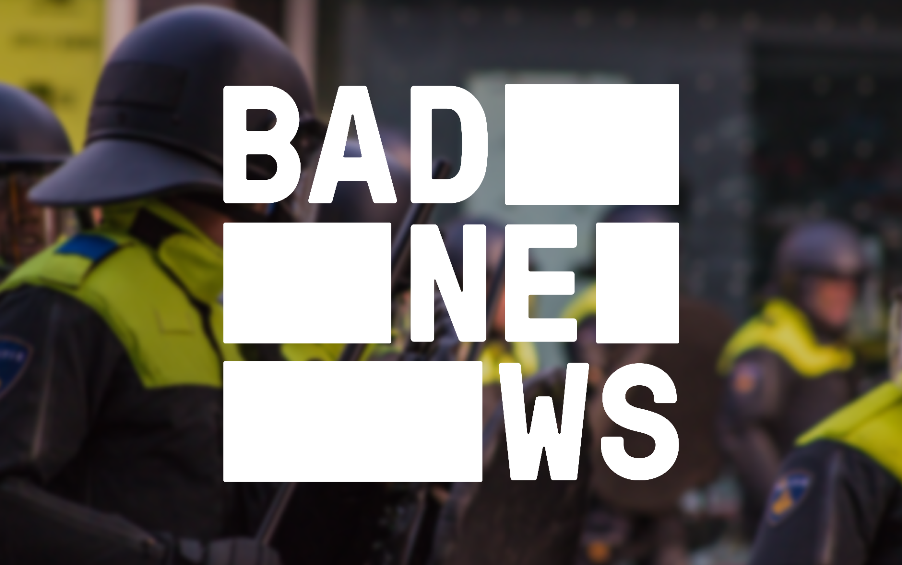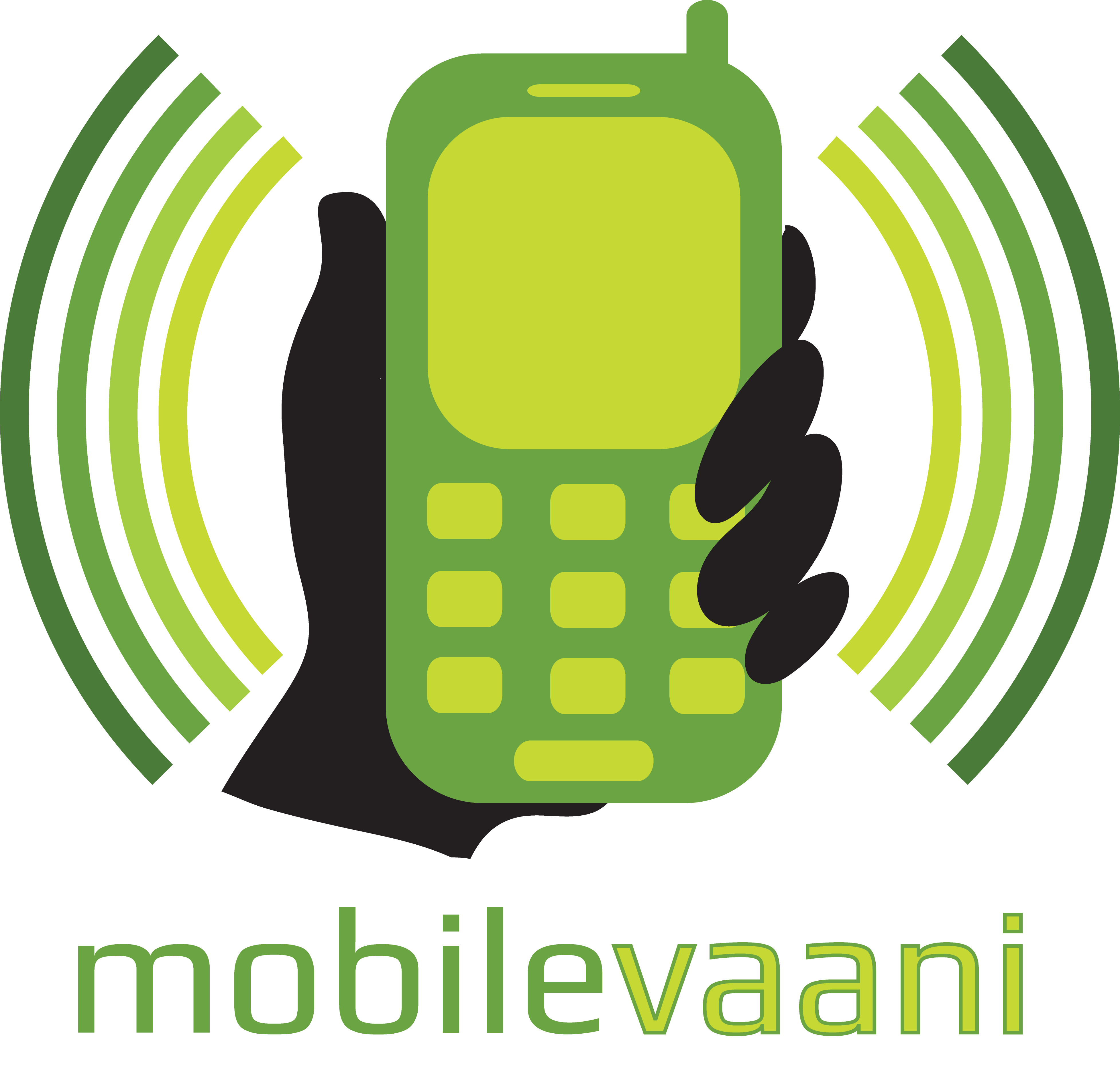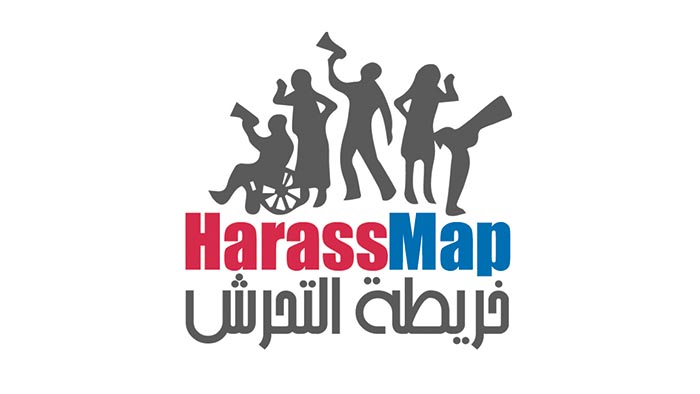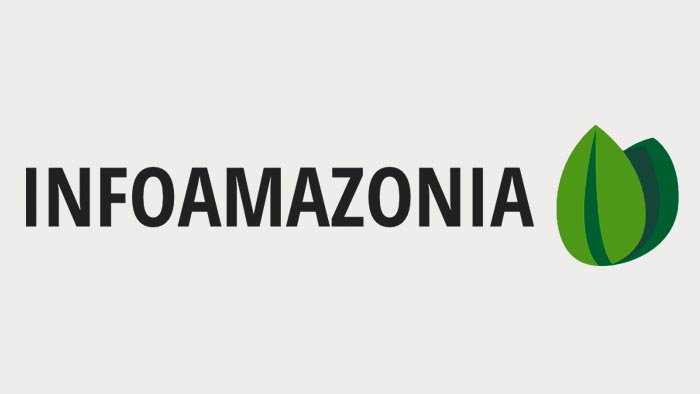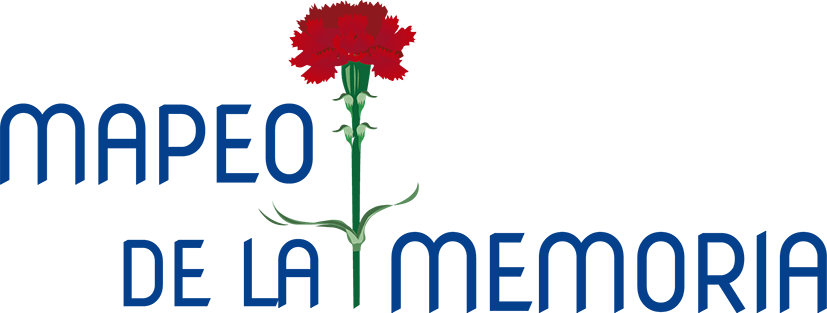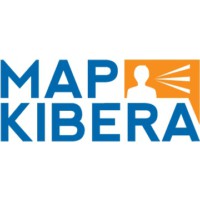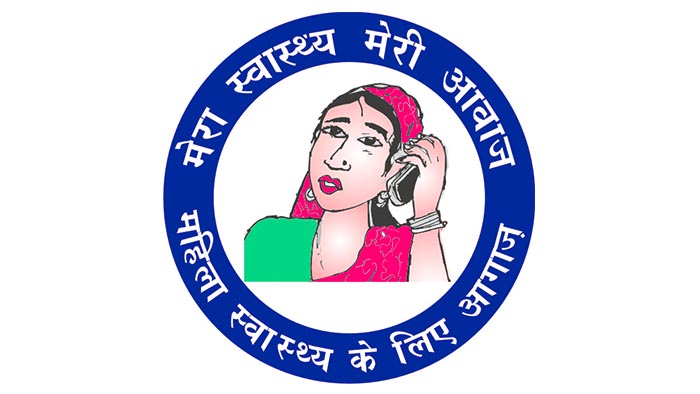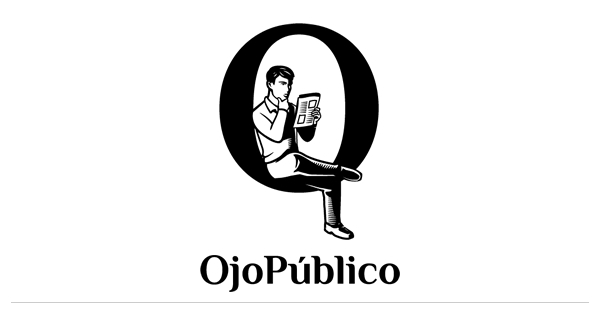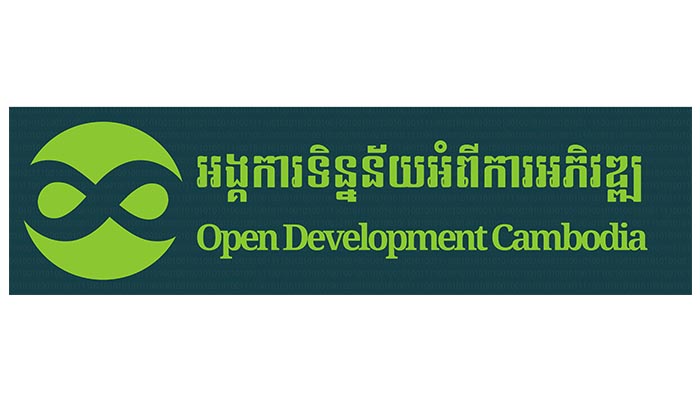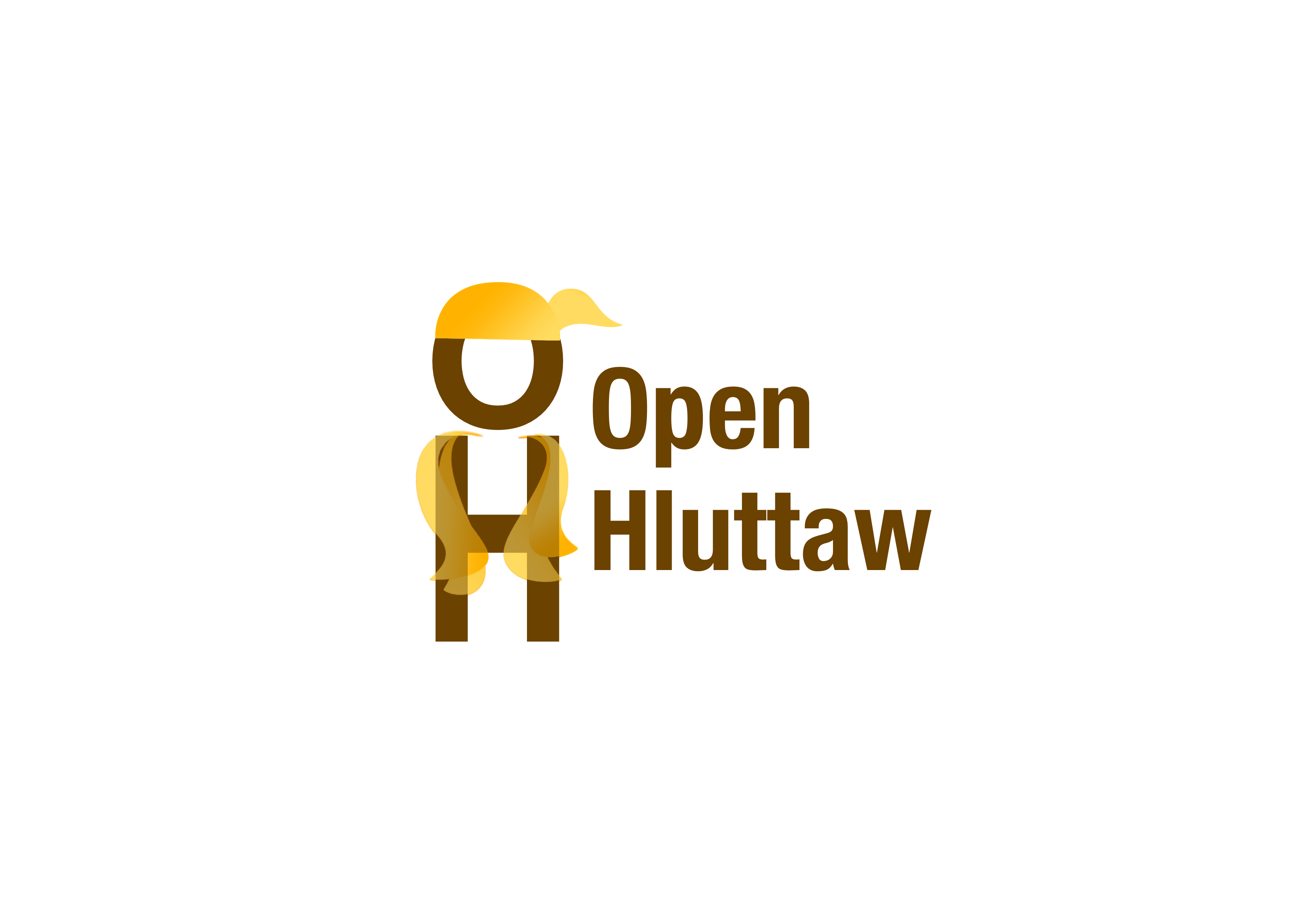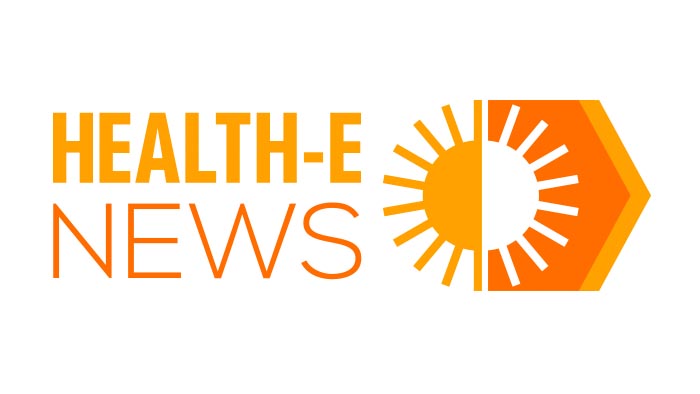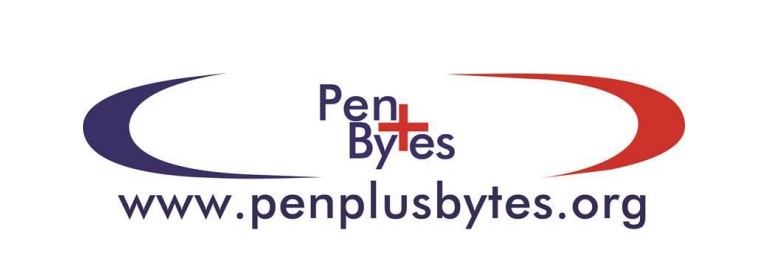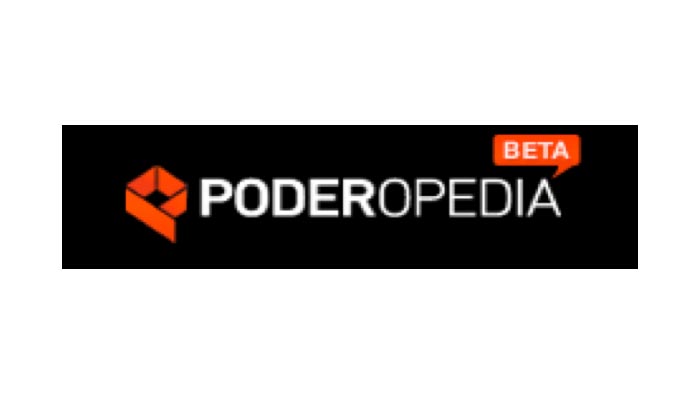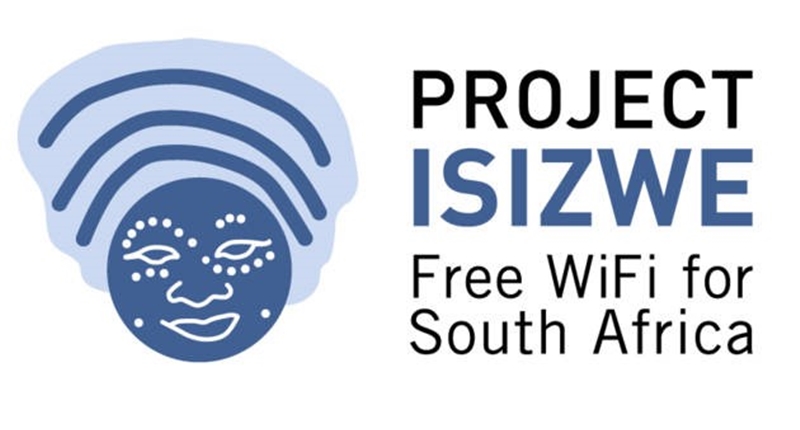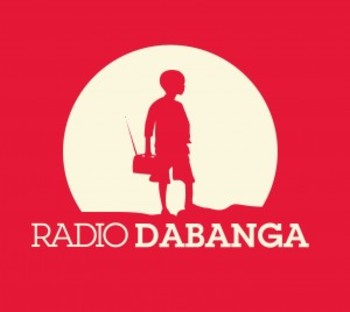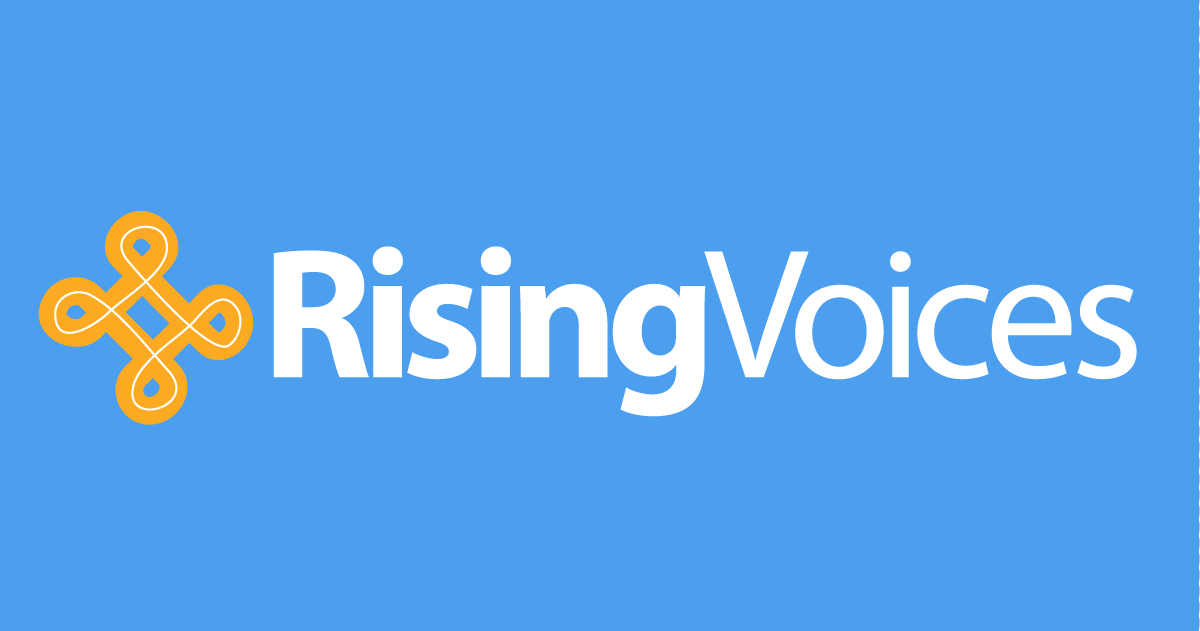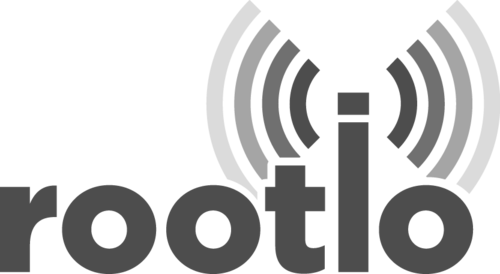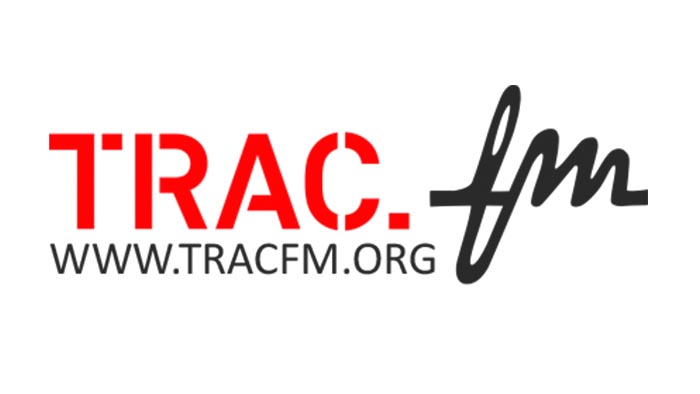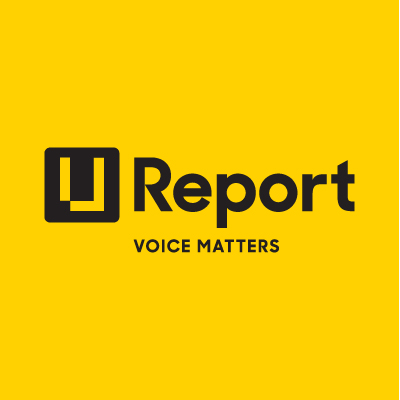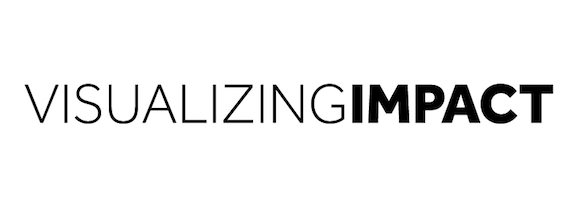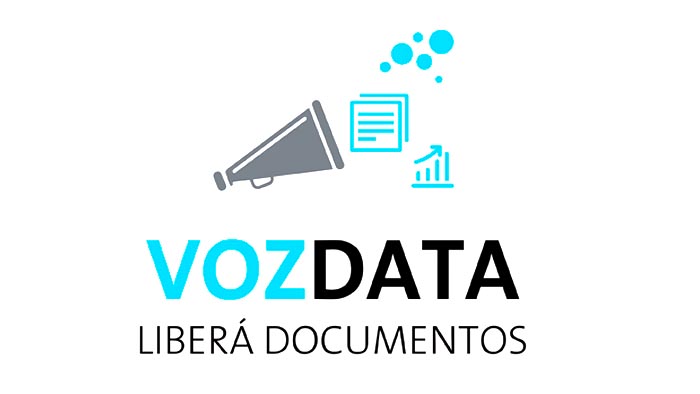What is digital innovation?
Innovation is generally understood to be a new idea, process or product that, when implemented, leads to positive change. Digital innovation is then about using digital technologies as tools for positive change. It is important to emphasize that digital innovation is not simply about inventing pioneering new technology or software. Taking an existing idea and applying it in a new context or changing the way the idea is implemented are also innovations if these create new value. In a media development context, DW Akademie sees digital innovation as something that improves, that is, adds value to freedom of expression and access to information within a specific context.
What is Article 19?
Article 19 of the Universal Declaration of Human Rights is the first and most widely stated right to freedom of expression. “Everyone has the right to freedom of opinion and expression; this right includes freedom to hold opinions without interference and to seek, receive and impart information and ideas through any media and regardless of frontiers”. Advancing Article 19 is not just about supporting a free and uncensored media. It is also about helping create the conditions for everyone, regardless of circumstances such as their gender, age, education, technical ability, financial circumstances or mother tongue, to express their ideas and access information. Article 19 is vital in supporting other human rights because people need to be able to freely access and share ideas and information in order to make informed decisions, know their rights and hold those in power to account.
What do you mean by Global South? Is this a geographical reference? Does it include Australia?
The Global South is a socio-economic and political term used to define developing and emerging economies in Africa, Asia, the Middle East and Latin America. It does not refer to a geographical region and although Australia is in the Southern Hemisphere, it's considered a member of the Global North.
How did you select the projects for the Digital Innovation Library?
The idea for the Digital Innovation Library came from DW Akademie's “Advancing Freedom of Expression” study, which examined digital innovation in 16 initiatives from Africa, Asia, Latin America and the Middle East. These 16 initiatives are the first to be showcased in the library but others will follow.
What do you mean by functions of media development?
DW Akademie has identified four functions that media development projects need to address in order to achieve freedom of expression and access to information. These functions are: access to information, creating a public sphere, supporting participation and inclusion, and holding to account. You can learn more about each of these functions by clicking on them in the thematic search section of the library.
What do you mean by media development approaches? How were these chosen?
Media development approaches are the tools and techniques used by projects in order to collect, collate and share ideas and information. The approaches outlined in the Digital Innovation Library are only a small selection of all possible options but they are taken directly from the first 16 projects to be included in the library.
What are the topics for? How did you choose the topics?
The Digital Innovation Library has identified six topics that are relevant to a number of the initial 16 projects, namely: accountability, community empowerment, environment, healthcare, violence and transparency. We believe the selected topics are broad enough to incorporate the main objectives of many development projects, however we realize that the topics aren't completely inclusive.
What do you mean by technologies? How did you choose the technology categories used in the library?
With so many technologies on the market, we have identified nine technologies used by the 16 projects in the ‘”Advancing Freedom of Expression” study. As we add further projects to the library, we may well add new technologies.
What are the criteria for selecting projects to showcase in the library?
They need to use digital technologies in a new way to improve access to information and support at least one of the other media development functions we identified, i.e. creating a public sphere, supporting participation and inclusion, or holding to account. It is also beneficial, but not a prerequisite, if the initiative tackles one of the six topics identified in the library, which are accountability, community empowerment, environment, healthcare, violence and transparency. The project does not need to be a media project as such, but it does need to contribute in some way to advancing Article 19.
What happens when I suggest an initiative?
We will first assess if the initiative meets our criteria for inclusion. We will then contact those involved in the project (and potentially the person suggesting the project) and check if they are happy to be profiled in the library. After collecting and verifying information about the project, we will add it to the library. New projects will be highlighted in the library so that they are noticed by return users.
How up-to-date is the information in the Digital Innovation Library?
We update information when those involved in the initiatives pass new information on to us or when we become aware of changes or developments. We aim to keep the information on the site as up-to-date and accurate as possible.




